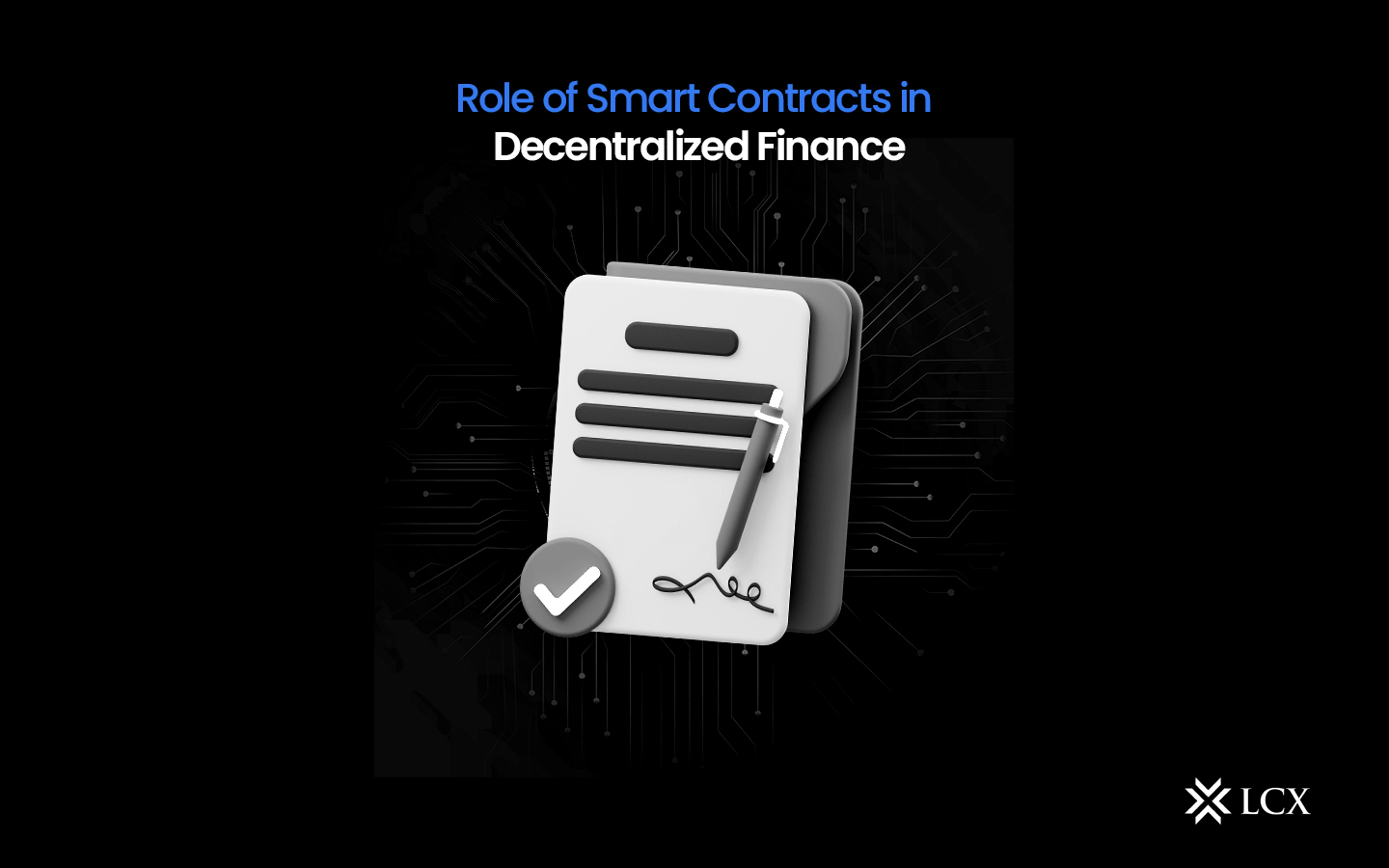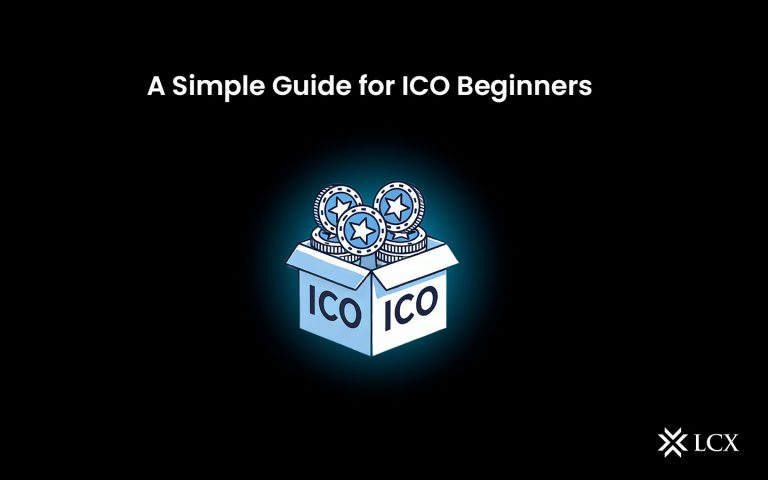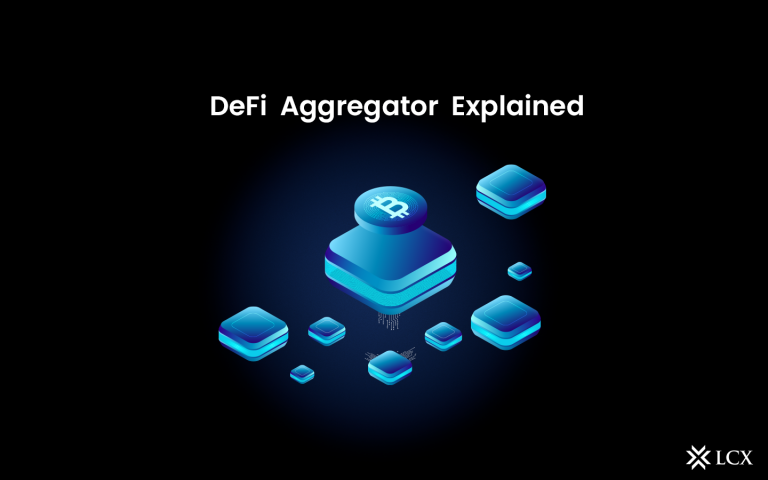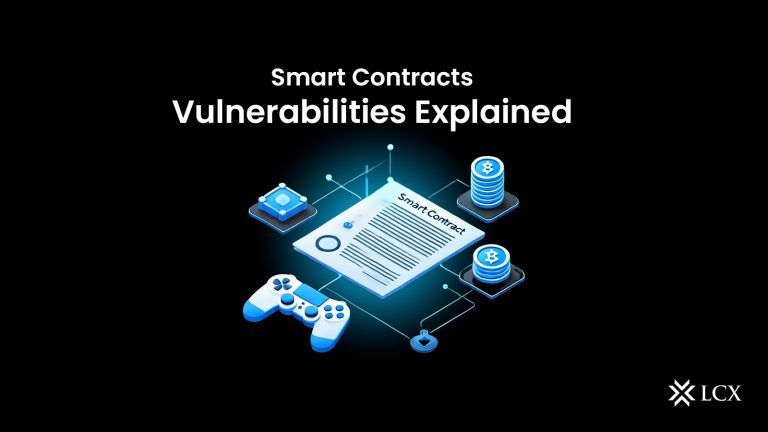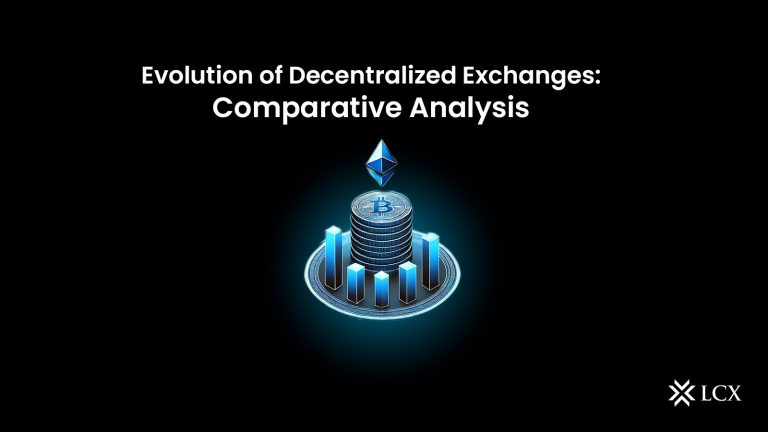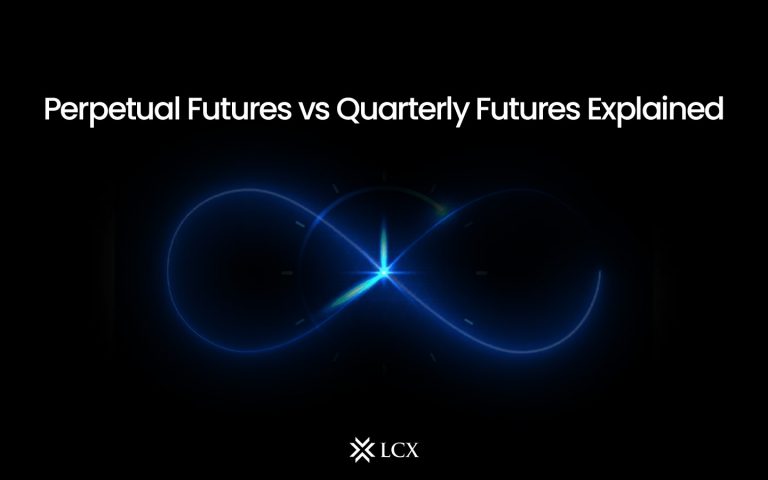The digital financial landscape has witnessed a remarkable transformation with the emergence of Decentralized Finance (DeFi). At the heart of this groundbreaking paradigm shift lies a technology that has revolutionized the way financial transactions are conducted – smart contracts. The total value locked (TVL) in decentralised finance (defi) surpassed $50 billion in April 2023.
Defining Smart Contracts
Smart contracts are self-executing contracts that automatically execute predefined actions when certain conditions are met. Built on blockchain technology, smart contracts are secure, transparent, and immutable, eliminating the need for intermediaries and enhancing trust in transactions. DeFi, as an ecosystem built on decentralized networks, leverages smart contracts to enable various financial services and applications, fundamentally reshaping the financial landscape.
Role of Smart Contracts
- Enhanced security and trust
One of the key benefits of smart contracts in DeFi is their ability to enhance security and trust in financial interactions. Traditional financial systems often rely on centralized authorities, which can be susceptible to fraud, censorship, or manipulation. Smart contracts, on the other hand, are executed on a decentralized blockchain network, where transactions are transparent and cannot be altered once recorded. This immutability ensures that agreements are honored, reducing the risk of fraud and providing a higher level of security for users.
- Automated and efficient transactions
Smart contracts enable the automation of complex financial transactions, removing the need for manual intervention and reducing the associated costs and delays. By encoding the conditions and logic of a contract into a smart contract, parties can eliminate the need for intermediaries and execute transactions directly. This automation allows for faster and more efficient processes, reducing paperwork and streamlining operations in the DeFi ecosystem. Additionally, the removal of intermediaries eliminates the fees and commissions associated with traditional financial systems, making DeFi more accessible and cost-effective.
- Eliminating Counterparty Risk
Counterparty risk, the risk that one party in a transaction may default or act dishonestly, has long been a concern in traditional finance. Smart contracts provide a powerful solution by embedding predetermined rules into the code, ensuring that transactions are executed only when the specified conditions are met. This eliminates the need to rely on trust between parties, as the code becomes the ultimate arbiter, guaranteeing the execution of transactions as intended. As a result, smart contracts significantly reduce counterparty risk, providing participants with a higher level of security and peace of mind.
- Programmable and flexible financial instruments
Smart contracts provide the ability to create programmable financial instruments, offering a wide range of possibilities for DeFi applications. With smart contracts, developers can design and deploy various decentralized applications (dApps) that enable lending, borrowing, decentralized exchanges, derivatives, yield farming, and more. These programmable financial instruments can be tailored to suit specific needs, allowing for greater customization and innovation in the DeFi space.
- Decentralized governance and transparency
Smart contracts contribute to the decentralized governance models prevalent in many DeFi protocols. Token holders or community members can automate decision-making processes through the use of smart contracts. This decentralized governance ensures that no single entity has excessive control and encourages community participation, fostering a more democratic and transparent ecosystem. Stakeholders can propose and vote on changes, upgrades, or improvements to the protocol, creating a system where power is distributed among participants.
- Interoperability and composability
Smart contracts enable interoperability and composability between different DeFi protocols and applications. This means that various decentralized applications can seamlessly interact with each other, allowing for the creation of complex financial systems and innovative use cases. Developers can combine different protocols, leveraging the functionalities of each, to build novel solutions. This composability fosters collaboration, encourages innovation, and opens up possibilities for new financial models that were previously unimaginable.
Conclusion
Smart contracts are the backbone of DeFi, revolutionizing traditional finance by providing security, automation, programmability, decentralization, and interoperability. They have empowered individuals to have greater control over their financial transactions and have opened up avenues for global economic participation. As the DeFi ecosystem continues to evolve, smart contracts will play an increasingly vital role in shaping the future of finance, providing transparency, efficiency, and trust in a decentralized manner. With the promise of a more inclusive and accessible financial system, the impact of smart contracts on DeFi is set to be transformative.
